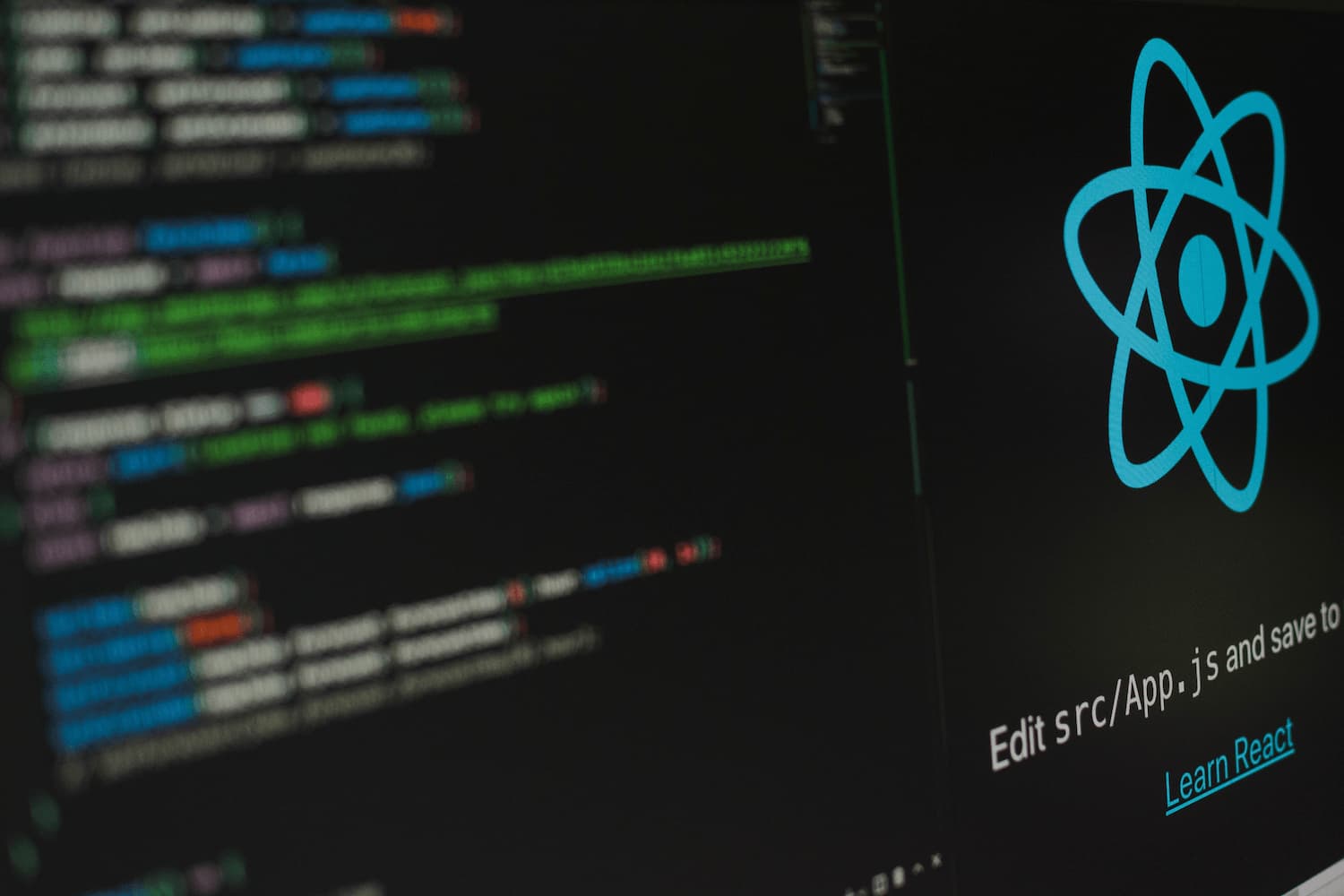Many organisations are opening up to a new concept of people management - Dive Culture. According to this concept, by asking the team to own both the problem and the answer, they will begin to see themselves as an essential link in the management chain. So David Marquet has created a culture where people have a real sense of adding value to the whole company.
The concept of Dive Culture is the process of building a strong culture within an organisation based on the 3 following pillars:
- Clarity
- Control
- Competence
In this article, I will discuss its first pillar - CLARITY.
The concept of Dive Culture: clarity
It is very important that every person in the organisation understands what the organisation is really about. Understanding the purpose is organisational clarity. It is achieved by openly admitting what we want to accomplish and communicate this goal at all times, at every level. It's needed because those that comprise an organisation make decisions based on criteria that include what that organisation wants to do. If clarity of purpose is misunderstood, the criteria will be distorted and the decisions made will be suboptimal.
Here is a list of mechanisms that can support the idea of clarity.
Striving for excellence, not just avoiding mistakes
As a Scrum Master, I sometimes feel insecure about not being a technical expert on every element of your product. BUT. The fact that I'm not familiar with the technical details has had an interesting effect: it's given me the space to focus on the people and their interactions, rather than the technical aspects, and to rely on the team more than I normally would. This is why it is so important to fully understand the purpose of the product I am working on.
The mechanism for clarity is to strive for excellence, not just to avoid mistakes. In turn, part of striving for excellence involves having a deep understanding of mistakes, namely what causes them and what needs to be done to eliminate them. However, understanding mistakes is not something you have to think about all the time, but rather a side effect of striving for excellence.
Building trust and taking care of your people
Looking after your own people means equipping them with every possible tool and every possible advantage to help them achieve their goals in life (though not just those related to work). One way to care for a team is to support them in their professional development.
There is a simple method that can facilitate it. When someone in the organisation is preparing for exams, you can ask them to write down sample multiple-choice questions based on the reading they have done. This not only changes our learning style from passive reading to actively thinking about the test questions, but also builds our own internal 'qualifying exam' by including these questions in our training programme. It is worth ensuring that the questions are more difficult than those actually appearing on the qualification exam. For example, multiple-choice questions may have one correct answer or several, or none at all. This way, you support yourself and nurture your development.
Drawing inspiration from your organisation's heritage, history, experience
Each business has its own traditions and although no formal team inspiration programme exists, the experience of each member of staff, as well as that of other businesses, can be drawn upon. The trick is to find viable ways to sustain the sense of trying new solutions.
Setting decision-making criteria, referring to core values
First, let's start with the core values. What might those be for IT teams?
Initiative
Initiative means that we propose solutions to be implemented in created products, without being dictated to from the top down, to find solutions to problems that we want to motivate to develop.
Innovation
Innovation means looking around for new ways of doing the same thing.
Detailed technical knowledge
Software products are extremely complex. Detailed technical knowledge means that we all have an obligation to be knowledgeable in the area we work in. We make decisions on technical grounds, not on hopes.
Courage
Courage means making the right decisions, even if they are uncomfortable. It means doing and saying more than just what the customer, colleagues or superiors want to hear. Courage also means admitting mistakes, even unpleasant ones.
Commitment
Commitment means that we come to work with a clear purpose. We give our best and the fact that we are here is a matter of choice.
Continuous improvement
Continuous improvement makes us better. We look for ways to improve and enhance the ways we work and ourselves.
Integrity
Integrity means that we are honest with others and with ourselves.
Empowerment
We encourage junior colleagues to take action and support them when they make mistakes. We delegate tasks, focusing on results rather than methods, explaining what our goal is and offering freedom in how we achieve it.
Teamwork
IT teams work as a team because one person's mistake affects everyone else's work. We work as a team; we do not undermine each other. We support each other in a positive way.
Openness
We practice openness oriented towards:
- cooperation, i.e., freedom of expression
- we reflect to look deeply into an issue
We challenge our own views to find the best possible solutions.
Punctuality
Punctuality means that we do everything on time. Following the principle of punctuality:
- we complete most tasks
- we minimise unavoidable delays
With core values, it is easier to set decision-making criteria. Example:
"Mark has shown remarkable punctuality, completing 98% of the tasks set during the planning for this Sprint..."
Forge appreciation on an ongoing basis to reinforce desired behaviour
Immediate appreciation is not in a day or two at a monthly CEO meeting. Immediate is immediate. Numerous rewards, without limits, will pit your team against the world - destroying competition at the lowest level and pitting some employees against others.
The idea is to get people to start working towards a common external goal instead of competing with each other. However, there is no reason to share data on how a team ranks against others. Simply sharing data with teams on their relative performance results is based on a natural desire to improve that performance. This phenomenon has been called gamification.
Start with a vision of the end in mind
Develop long-term organisational goals with your team, looking three to five years ahead. Individual-level goals should be adjusted to one’s experience, personality, or capabilities. Then set up conversations to make achievements measurable (How will we know if ...? How much less ...? How much more ...?). Being able to measure achievements in detail and using hard data is an effective way to prove that we have achieved the goal we wanted.
Encourage questioning rather than expecting blind obedience
Do you care about obedience or efficiency? Does your team obediently follow guidelines or ask awkward questions and doubt your 'one and only solutions'?
It takes extraordinary courage to tell a supervisor | boss | manager that he or she is wrong. If you are working with a team that can question your decisions, take care of them - you will prevent a lot of mistakes and additional expenses.
Summary
In summary, there is often constant tension in our work. We operate in a very complex world, full of vagaries in the form of an ever-changing environment and the presence of an often-impatient client. On the one hand, we have to do the right thing and, on the other, meet the deadlines. Clarity, as clear and frequent communication of the purpose of the work, allows it to be carried out more effectively and efficiently.
If you are interested in this topic, I encourage you to read the book: David Marquet's ”Turn the ship around! A true story of turning followers into leaders”.



